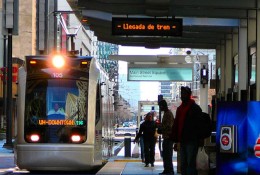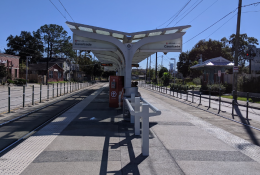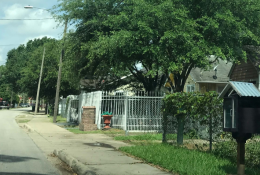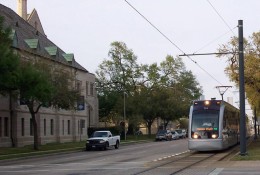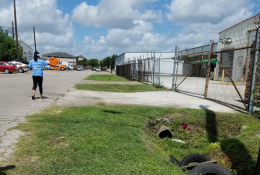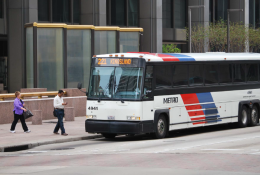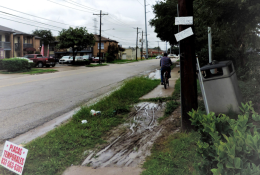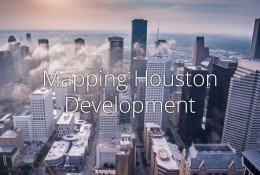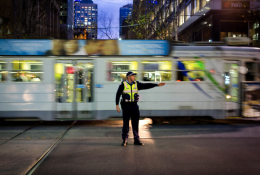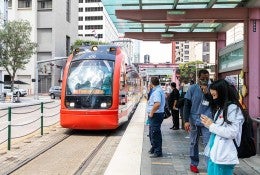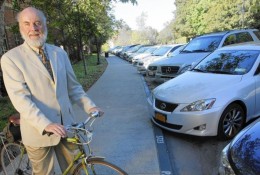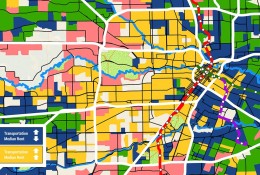Urban Reads: Peter Norton
Technology historian Peter Norton discusses his book, "Autonorama: The Illusory Promise of High-Tech Driving."
URBAN READS: April 13, 2022 TRANSPORTATION
Kinder Institute Forum: Shin-pei Tsay
Shin-pei Tsay is the global head of cities and transportation policy at Uber. Her experience converges at the intersection of design, policy and governance to transform the built environment, with a focus on sustainable and inclusive transportation.
KINDER INSTITUTE FORUM: March 23, 2022 TRANSPORTATION
Kinder Institute Forum: Donald Shoup
Donald Shoup, professor of urban planning at the University of California, discusses the high costs associated with parking, as well as market-based parking reforms that can improve urban metro areas both economically and environmentally.
KINDER INSTITUTE FORUM: December 1, 2021 TRANSPORTATION
WEBINAR: April 28, 2021 TRANSPORTATION
The Metropolitan State of Texas: Securing the State's Prosperity and Competitiveness
The LBJ Urban Lab at The University of Texas at Austin, the Kinder Institute for Urban Research at Rice University and the George W. Bush Institute-SMU Economic Growth Initiative convened the state's top urban policy researchers for a summit addressing the most important issues in Texas cities: economic development, land use, housing, infrastructure and transportation.
RESEARCH: March 24, 2021 HOUSING | TRANSPORTATION
Urban Reads: Angie Schmitt
Journalist Angie Schmitt discusses her new book, "Right of Way: Race, Class, and the Silent Epidemic of Pedestrian Deaths in America."
URBAN READS: March 4, 2021 TRANSPORTATION
Kinder Institute Forum: Tamika L. Butler
A national expert and speaker on issues related to the built environment and equity, Tamika L. Butler discusses institutional oppression, the importance of inclusive urban design, and how to make transportation and public spaces more equitable.
KINDER INSTITUTE FORUM: November 11, 2020 TRANSPORTATION | PLACEMAKING
The Urban Sun Belt: Setting The Agenda
This webinar explores findings from a report from the Kinder Institute on the urban Sun Belt – covering such topics as demographic change, the economy, housing, and sprawl. A panel discussion follows the presentation
RESEARCH: June 11, 2020 DEMOGRAPHICS | HOUSING | TRANSPORTATION
RESEARCH: May 5, 2020 HOUSING | TRANSPORTATION
URBAN READS: February 13, 2020 TRANSPORTATION
The Future of Urban Mobility
Experts discuss how technology, policy and transportation interact, and how they can be used to develop a city that functions better for all communities.
: April 12, 2019 TRANSPORTATION
Urban Reads: I-45 Meets the Walkable City
Following a presentation on what the I-45 freeway expansion means for Houston, city planner and urban designer Jeff Speck talks with Kinder Institute Director Bill Fulton.
URBAN READS: February 28, 2019 TRANSPORTATION
